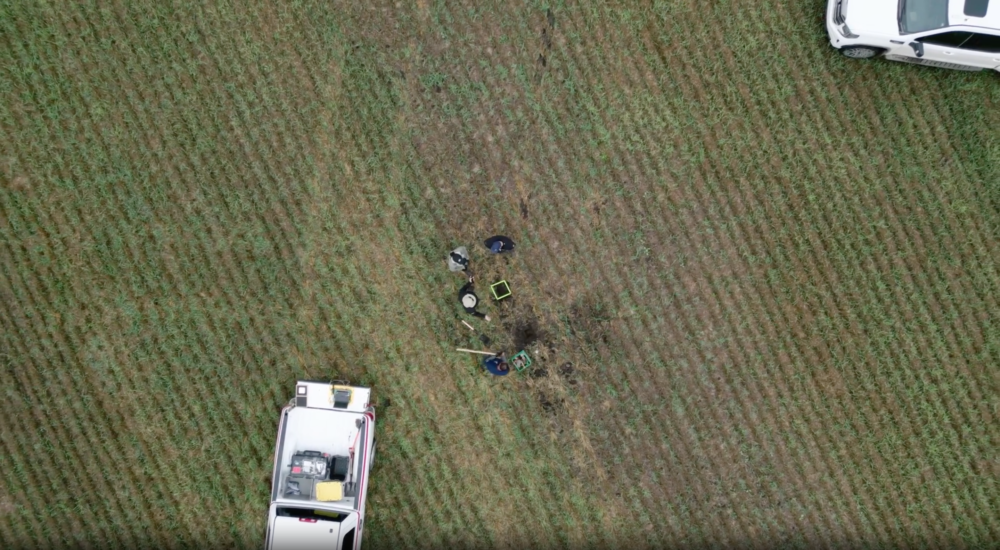
Jan 23, 2024
With fall harvest wrapping up, Kristjan Hebert stands amidst the stubble in one of his fields near Moosomin, Saskatchewan. But it’s another valuable “crop” at his feet that he’s eager to talk about: carbon.
Over the years, his 32,000-acre grain and oilseed operation has embraced many climate-smart practices, like using low-till farming keeps more carbon locked into the soil, adopting variable-rate fertility programs that reduces greenhouse gas emissions and planting fall crops keeps the soil covered with vegetation.
“My definition of sustainability is to leave my land, my financial statements and my industry and my community in a better state, generation after generation,” says Hebert.
With over 150 million acres of agricultural land in Canada, supporting more farmers as they embrace similar approaches makes a big difference in the fight against climate change.
“Farmers are important stewards of the land,” explains Barbara Swartzentruber, a Senior Fellow at the Smart Prosperity Institute and Program Director at the recently launched Canadian Alliance for Net-Zero Agri-Food (CANZA). “As part of that, they are also important potential stewards of addressing climate change.”
However, adopting new practices involves risks, costs and steep learning curves in a sector where margins are slim. This is why CANZA wants to help drive economic incentives that reduce these challenges.
A global market is emerging for Scope 3 emissions: the indirect greenhouse gas emissions produced along a company’s supply chain. This will allow environmental benefits linked to certain practices adopted on farms to be monetized up the value chain, providing farmers new opportunities for income while helping the processor or retailer achieve their net-zero goals.
There are practical questions that need to be addressed. How can we ensure these markets are credible? How can we make them accessible to farmers?
CANZA is bringing together farmers, like Hebert, with major players in the agri-food sector and beyond, including Maple Leaf Foods, Loblaw, McCain Foods, Nutrien, RBC, BCG and the Arrell Food Institute.
That’s crucial, says Swartzentruber, “It’s going to take real collaboration for system change.”
A critical component to making this work is verifying the volume of emissions being mitigated through farming practices, so buyers and their stakeholders know they are paying for real climate action. Right now, however, assessing soil carbon levels is an expensive and time-consuming lab-based process. Farmers need a much faster, accurate and cheaper way to assess how much carbon they’re keeping in their fields.
CANZA launched its Climate-Smart Farming Initiative in 2023, partnering with the University of Guelph and University of Saskatchewan to test different options that allow farmers to assess soil carbon stocks in a reliable way.
Ultimately, their goal is to identify, create and communicate measurement tools and methodologies that can be rolled out to different soil types, climates and crops across the country.
The result will be more climate-smart farming practices and more environmental-based incomes for farmers, helping Canada’s whole agri-food industry transition to a net zero future.
“I really do believe that we can be the solution that the majority of the world is looking for,” Hebert says.
